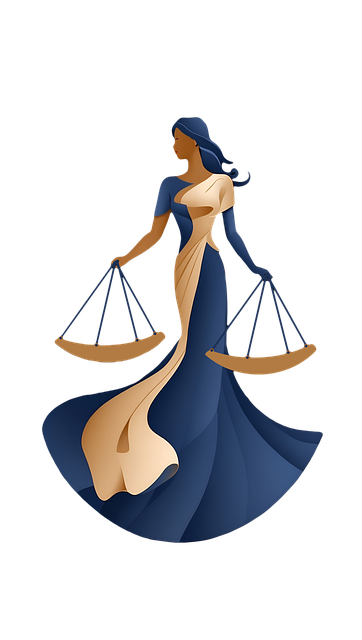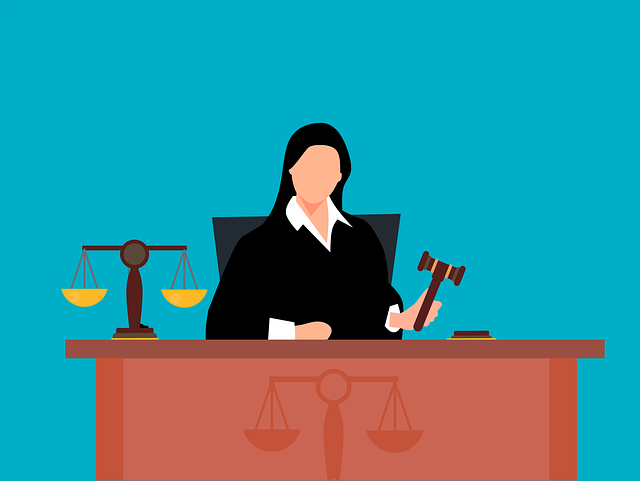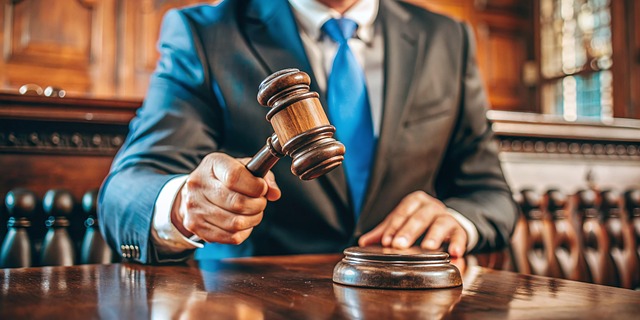Slip and fall settlements provide financial support for individuals injured on another's property due to negligence, covering medical bills, rehabilitation, lost wages, pain and suffering. These can be significant for severe injuries like fractures or head traumas, especially in nursing home neglect cases. Insurance companies facilitate these settlements by assessing liability, negotiating terms, and managing risks while protecting policyholders' interests. To maximize compensation, victims should document losses, research similar cases, and communicate demands effectively. Understanding insurance dispute rights is crucial for successful negotiations.
“Slip and fall accidents can lead to significant injuries and financial strain, making slip and fall settlements crucial. This article delves into the intricate world of insurance coverage for such incidents. We explore what insurance companies offer in these settlements, focusing on understanding policy specifics, evaluating claims, and maximizing compensation.
From assessing liability to negotiating terms, you’ll discover strategies to navigate slip and fall cases effectively. By familiarizing yourself with insurance company roles and settlement tips, you can ensure a fair outcome.”
- Understanding Slip and Fall Settlements: What They Cover
- The Role of Insurance Companies in Slip and Fall Cases
- Maximizing Your Compensation: Tips for Slip and Fall Settlement Negotiations
Understanding Slip and Fall Settlements: What They Cover

Slip and fall settlements are monetary compensation packages designed to reimburse individuals for losses incurred due to accidents on another’s property. These settlements encompass a range of expenses, including medical bills, rehabilitation costs, lost wages, and pain and suffering. When someone suffers serious injuries from a slip and fall incident—be it in a public space, a business premise, or even a nursing home—a personal injury attorney may help them pursue compensation through legal channels.
In cases involving negligence, such as when property owners fail to maintain their premises safely, settlements can be substantial. This is especially true if the accident results in severe injuries like fractured bones, head traumas, or disabilities that require ongoing medical care. Understanding what a slip and fall settlement covers is crucial for anyone looking to recover from these types of incidents, particularly when dealing with potential nursing home neglect cases where vulnerable individuals may be at greater risk.
The Role of Insurance Companies in Slip and Fall Cases

In the event of a slip and fall incident, insurance companies play a pivotal role in facilitating settlements. They serve as intermediaries between the policyholder (the person who suffered the fall) and the defendant (the property owner or manager). When a claim for compensation arises due to slips and falls on someone else’s property, insurance companies step in to assess liability and negotiate settlements. Their primary objective is to manage risks associated with such incidents, ensuring fair compensation for victims while minimizing financial exposure for their policyholders.
The process involves reviewing the circumstances of the accident, investigating any contributing factors, and determining if the policyholder’s insurance covers the incident. In cases involving property damage claims or disputes over insurance coverage, especially when a breach of contract is alleged, insurers must carefully navigate legal complexities. They employ adjusters and lawyers to handle these situations, aiming to resolve them promptly while adhering to contractual obligations and applicable laws.
Maximizing Your Compensation: Tips for Slip and Fall Settlement Negotiations

When negotiating a slip and fall settlement, maximizing your compensation requires strategic preparation. First, thoroughly document all losses related to your injury, including medical bills, lost wages, and any ongoing care expenses. This comprehensive record will serve as strong evidence during negotiations with insurance companies or even when consulting with an auto accident lawyer.
Next, understand the value of your case by researching similar settlement amounts in cases with comparable injuries and circumstances. This knowledge empowers you to advocate for a fair settlement. Be prepared to communicate your demands clearly and assertively while remaining open to reasonable offers that acknowledge your injuries without undervaluing your claim. Remember, successful negotiations often hinge on effective communication and a solid understanding of your rights in insurance disputes.
When pursuing a slip and fall settlement, understanding what insurance companies offer is key. These settlements cover medical expenses, pain and suffering, and sometimes even lost wages. Insurance companies play a vital role in these cases by assessing liability and negotiating compensation. To maximize your compensation, it’s important to gather thorough evidence, seek medical attention promptly, and engage in knowledgeable settlement negotiations. By following these tips, you can navigate the process effectively and secure the best possible slip and fall settlement.






